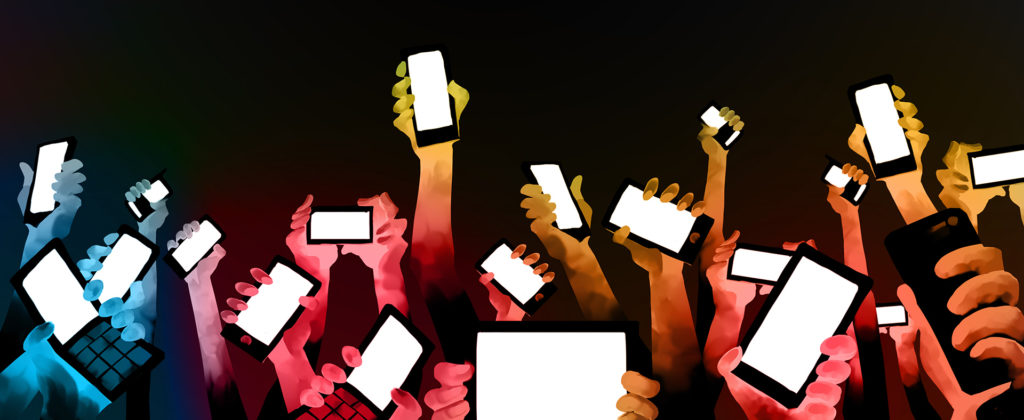Update 12/20/2016: Vodafone Group and Orange have confirmed the order from the government of the Democratic Republic of Congo, which specifically targets social networks that use Voice over internet protocol (VoIP), images, and video. Access Now has offered circumvention advice for users in the Congo in this post here (français | English) and we continue to demand that the government lift the blocking order.
The government of the Democratic Republic of Congo asked telcos, including Vodafone, Orange, and Airtel, to block applications and social media and messaging services beginning on Monday.
Monday marks the first day that President Kabila is meant to leave office after completing two terms. Protests are planned in the event the president does not step down.
We call on the government to immediately rescind the order, which stands in violation of international human rights law.
Access Now has written to the three telcos, urging them to jointly resist the shutdown order, which conflicts with their commitments to uphold human rights like freedom of expression and association. Joint pushback, in coordination with other operators, is one key way we’ve seen telcos prevent shutdowns, and it could be effective here. The government seems stung from its complete internet shutdown in January 2015, which negatively impacted the economy, and has called for more targeted blocking in this instance. One telco claims that the government asked that only voice, video, and image data be blocked.
However, according to Reuters, the telcos have “signed an agreement to respect national security injunctions” from the DRC government. Secret deals with governments that harm human rights fail to comport with the open and multistakeholder approach to internet governance. Inclusive policymaking is necessary to protect human rights, as it is where civil society and human rights defenders have a voice. For these reasons, we asked the companies to share this agreement and its terms, and thereby open it to public dialogue.
We also asked telcos to confirm receiving the shutdown order from the regulator, and to share the order or its terms.
If the telcos decide to carry out the order, which we strongly advise against, we demand public transparency regarding 1) the geographic scope and services blocked, 2) the duration of the block, or what would be required to lift it, 3) information about how affected users can access remedy or compensation, and a 4) clear statement opposing the blocking, detailing the steps telcos are taking to end it.
Internet shutdowns harm human rights and economic growth, often with severe consequences to life and livelihoods.
There is a growing international consensus that shutdowns violate international human rights law and are never justified, even in times of conflict. In June, the United Nations Human Rights Council passed a resolution that specifically condemns internet shutdowns.
Additionally, in November, the African Union passed Resolution 362: on the Right to Freedom of Information and Expression on the Internet in Africa – ACHPR/Res. 362(LIX) 2016, which calls on states parties “to respect and take legislative and other measures to guarantee, respect and protect citizen’s right to freedom of information and expression through access to internet services…”
Access Now has launched the #KeepitOn campaign to fight internet shutdowns. It is supported by more than 100 organizations from more than 50 countries around the globe who are pushing back on internet shutdowns at every level, from governments to telcos to tech companies to everyday internet users. The coalition recently launched a petition asking world leaders to commit publicly to ending shutdowns. Access Now delivered 45,927 signatures at the United Nations’ Internet Governance Forum 2016.
